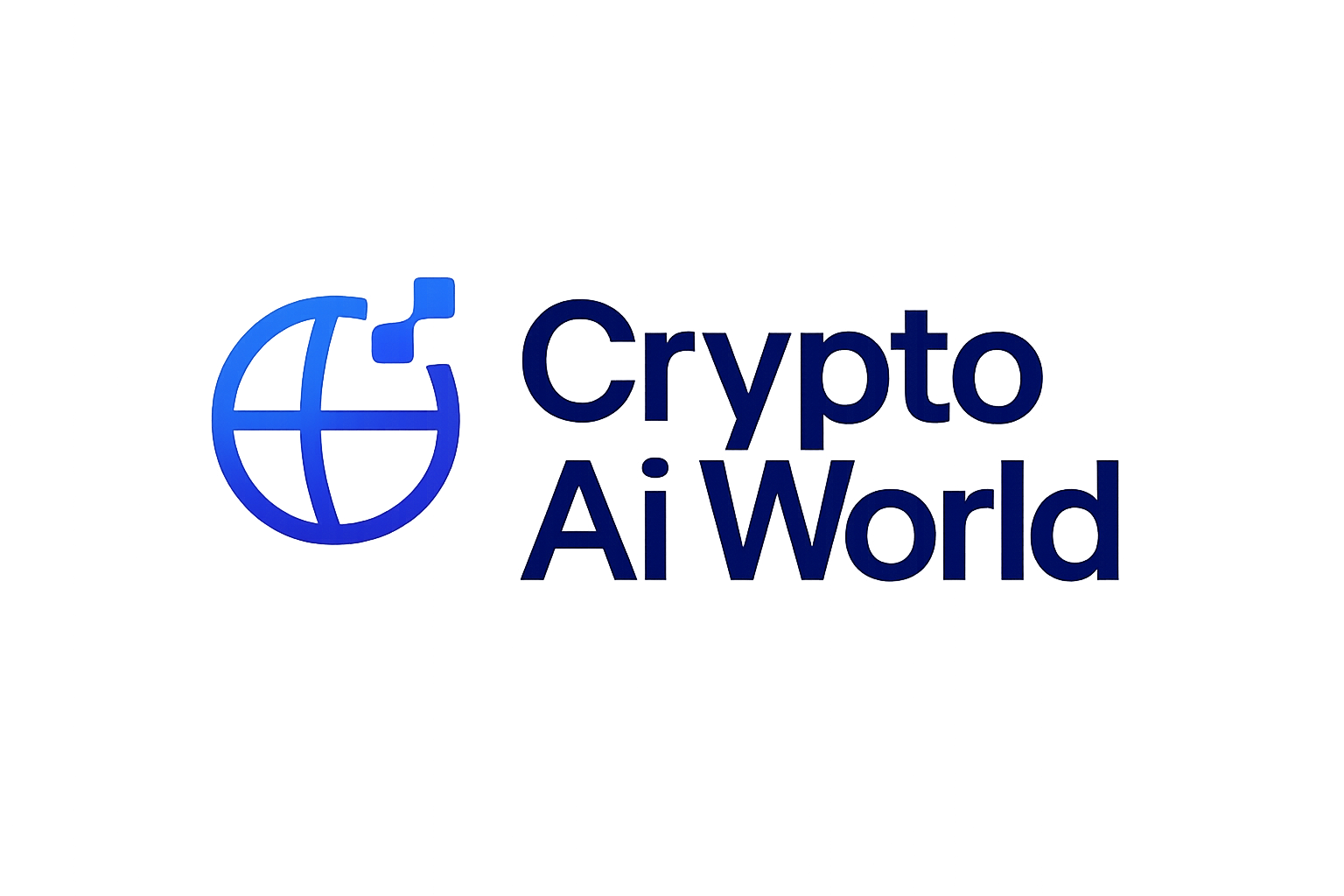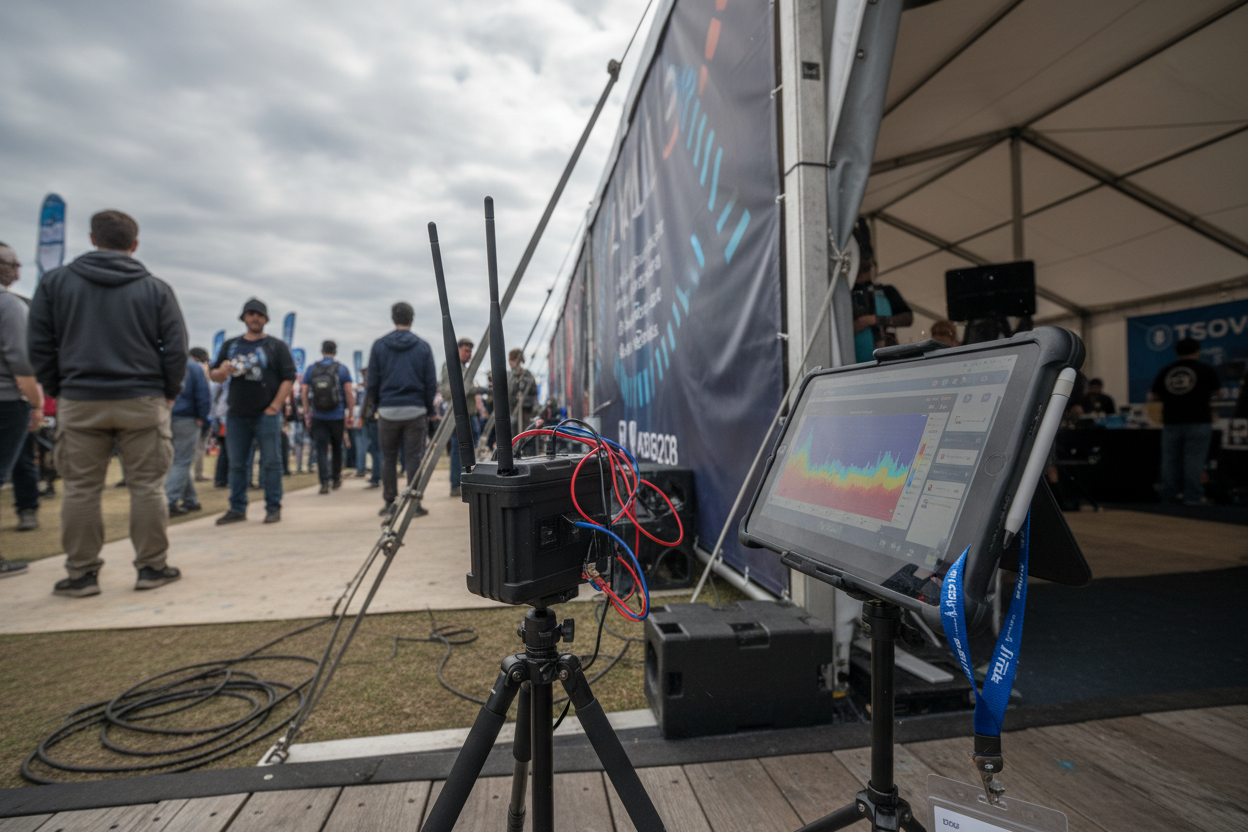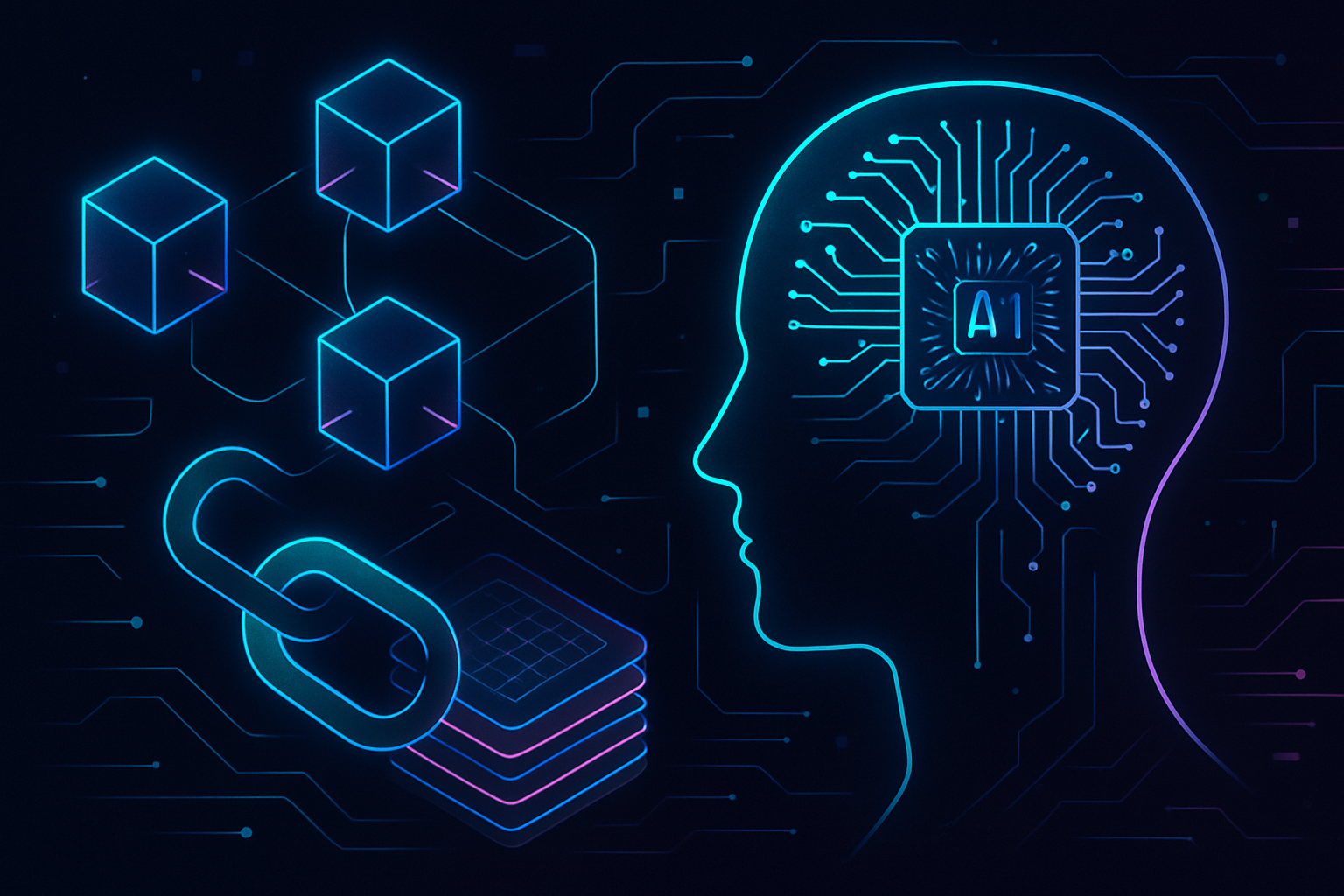
Decentralized AI compute networks are fundamentally reshaping the landscape of on-chain applications, offering a new paradigm for verifiable inference that is transparent, auditable, and resistant to manipulation. In a world where trust in AI outputs is paramount, especially for blockchain-based services, these networks are addressing long-standing challenges of scalability and verifiability by leveraging cryptography, distributed consensus, and advanced hardware. The convergence of AI and blockchain is rapidly moving from theory to practice, with projects like 0G Labs, Cysic, GenLayer, and Inference Labs leading the charge.

Why Verifiable Inference Matters for On-Chain AI
Traditional AI inference is a black box – users must trust that the output was generated correctly and without tampering. For on-chain applications, this is unacceptable. Smart contracts and decentralized protocols require deterministic, auditable processes. Verifiable inference solves this by enabling cryptographic proofs that an AI computation was performed honestly and accurately. This unlocks use cases in DeFi, autonomous agents, prediction markets, and more.
The market has seen rapid innovation in this space:
Key Projects Powering Verifiable On-Chain AI Inference
-
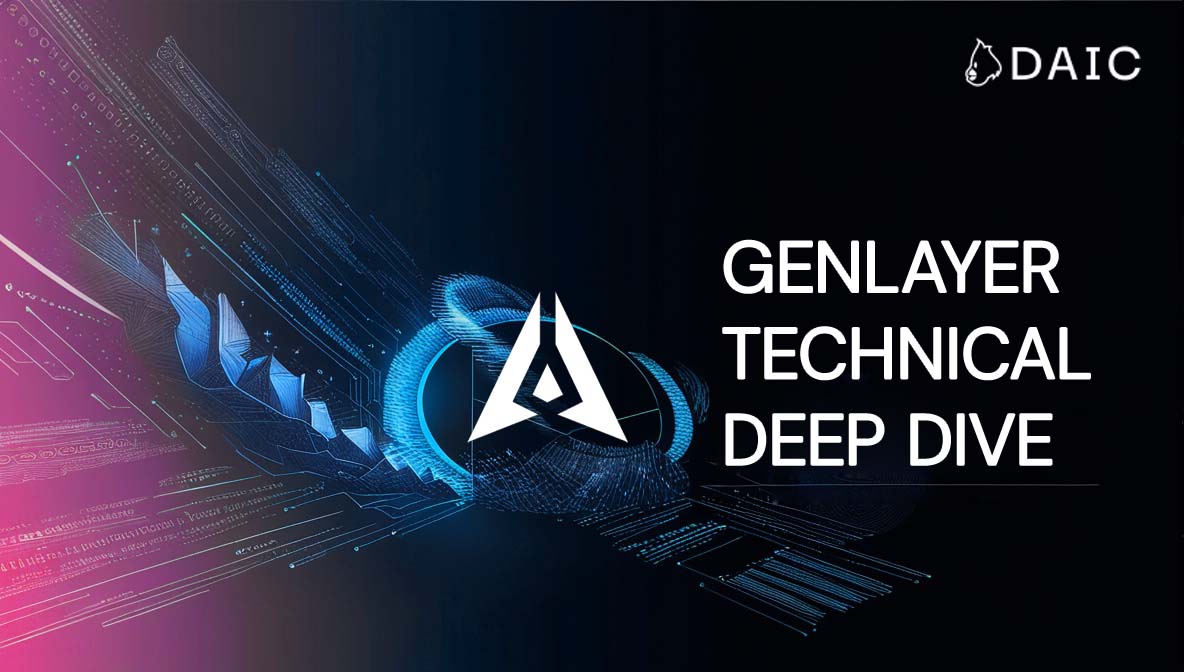
GenLayer & Gaia: GenLayer integrates with Gaia to enable scalable, decentralized AI inference for on-chain applications. GenLayer validators offload compute-intensive AI tasks to Gaia nodes, with outputs cryptographically verified through GenLayer’s consensus mechanism. Read more.
-

Inference Labs’ Proof of Inference Protocol: Inference Labs provides a live testnet protocol for verifiable AI inference, ensuring correctness of computations via their ‘Proof of Inference’ system. Mainnet launch is scheduled for late Q3 2025. Learn more.
-

MasterQuant AI Accelerator Architecture: MasterQuant introduces a hardware-accelerated architecture for on-chain AI inference, supporting decentralized, low-latency, and verifiable execution of machine learning models within blockchain environments. Details here.
-
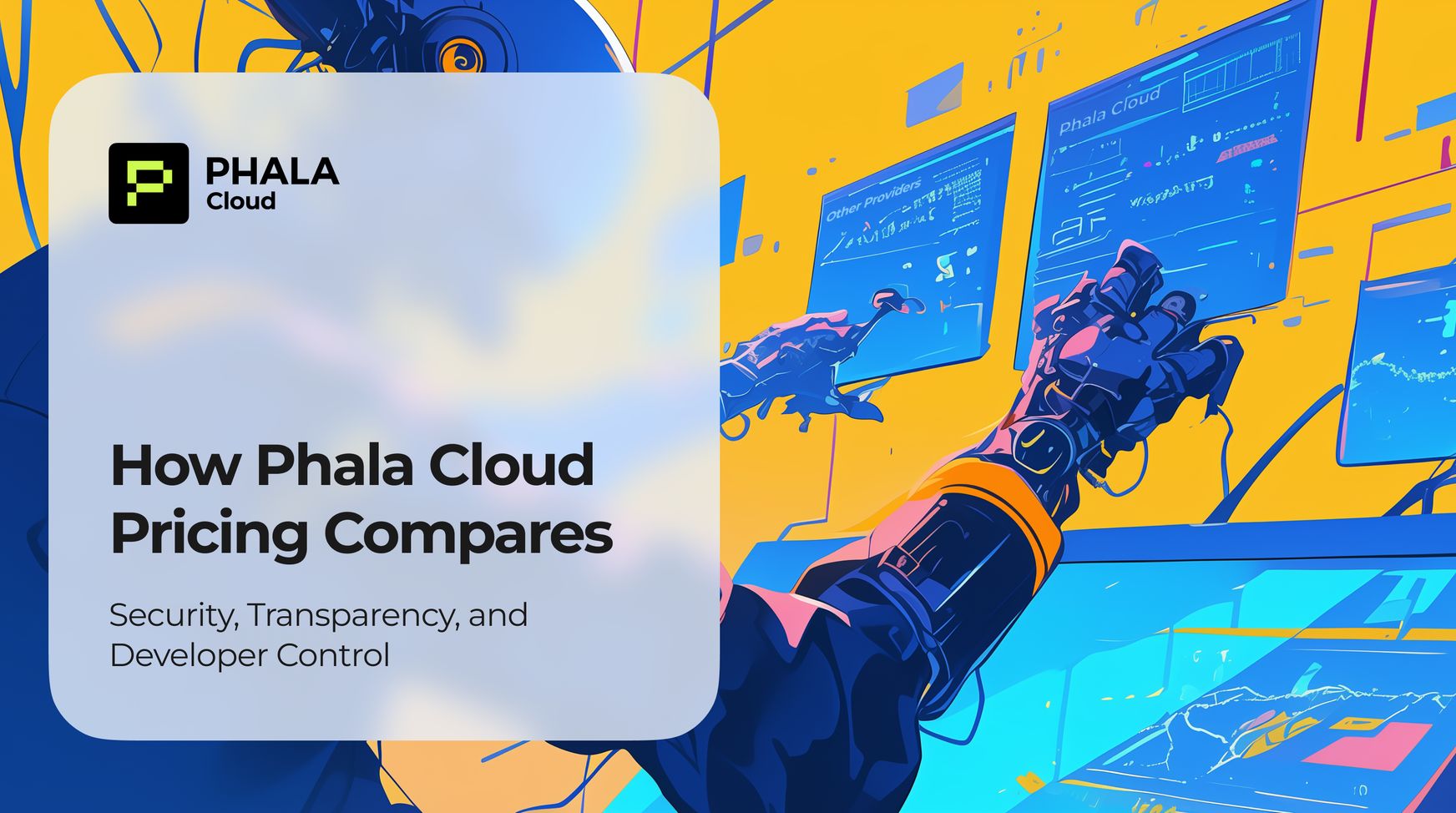
Phala Network: Phala Network offers decentralized confidential computing and AI inference services using Trusted Execution Environments (TEEs), ensuring privacy and computational verifiability for sensitive on-chain applications. Explore Phala Network.
-
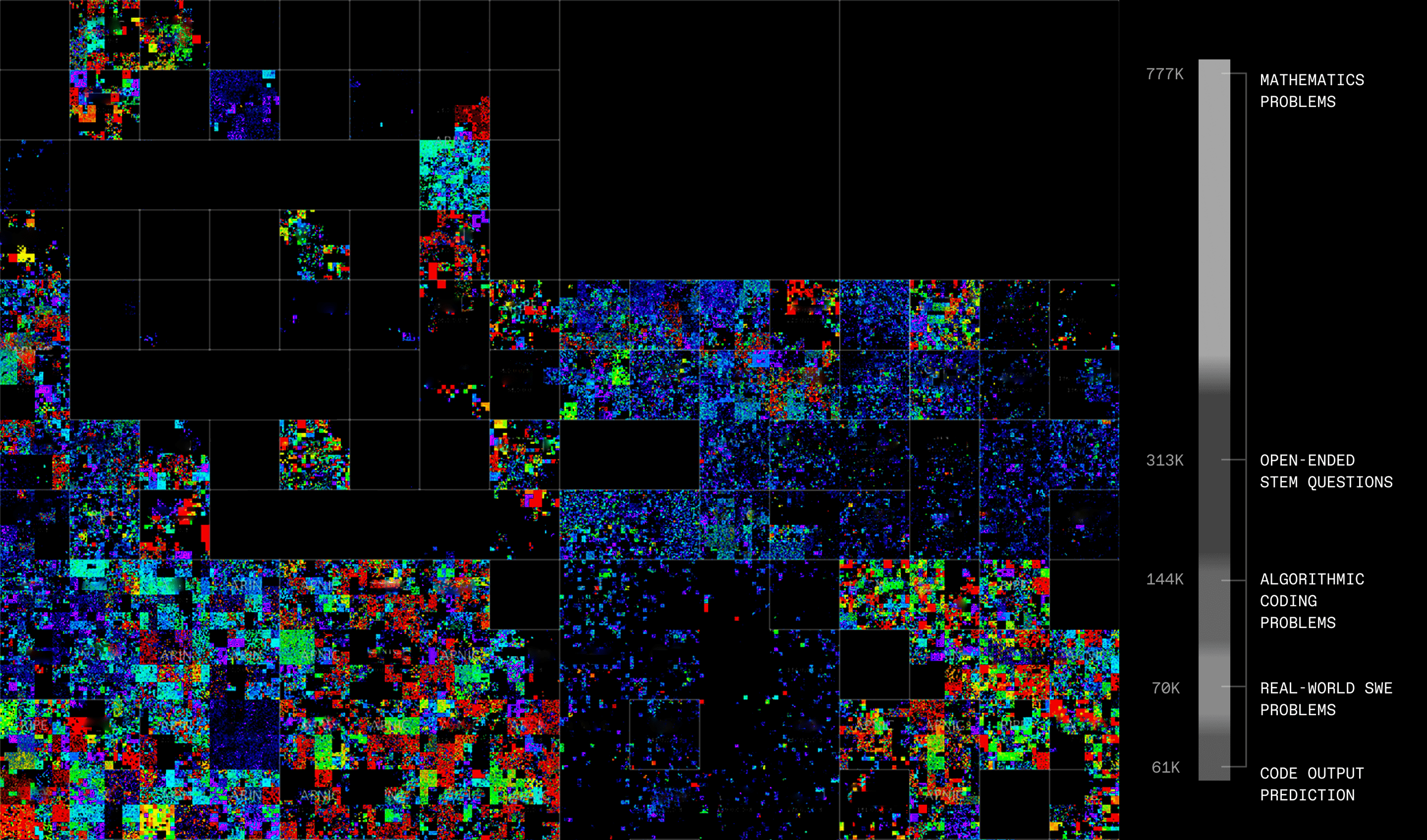
TOPLOC Framework: Academic researchers have developed TOPLOC, a locality-sensitive hashing scheme for trustless, verifiable AI inference. It detects unauthorized model or prompt modifications with 100% accuracy. Read the paper.
-
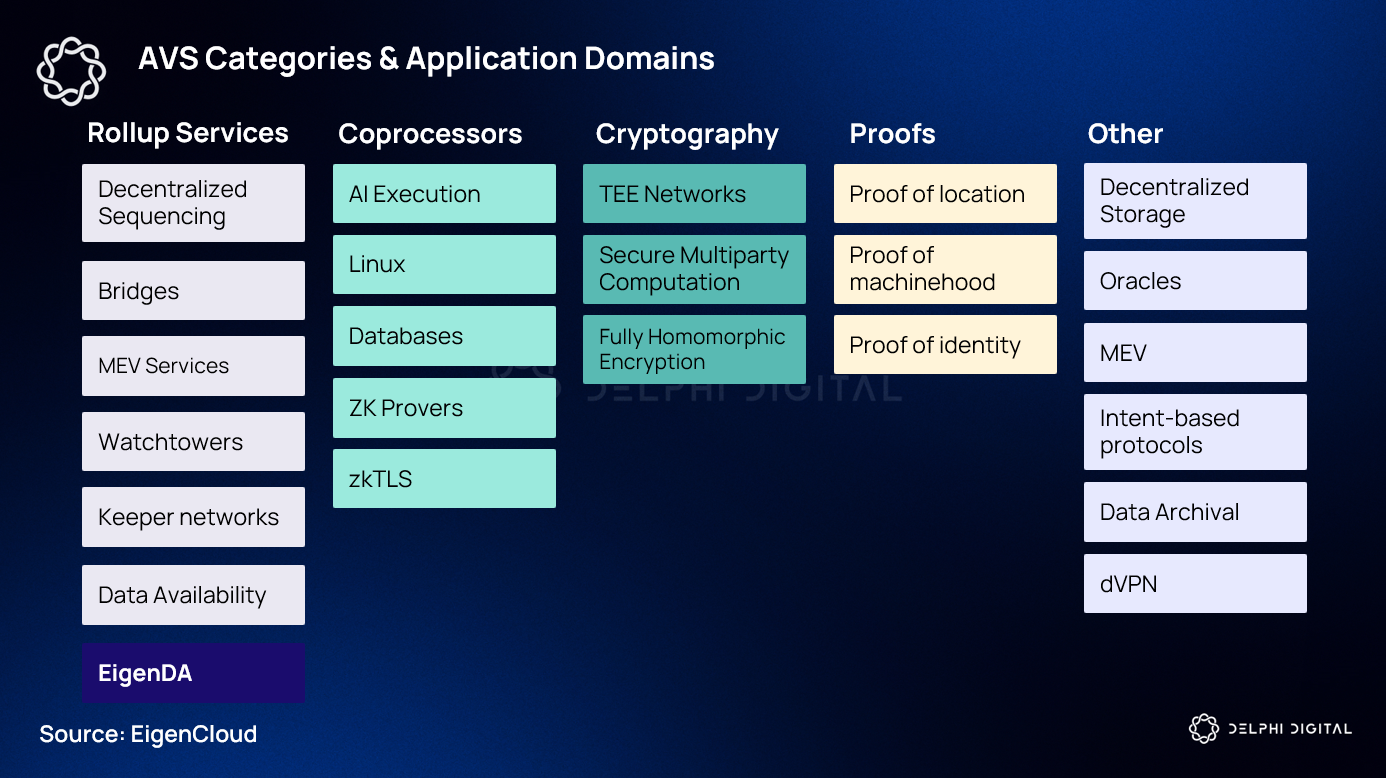
Trusted Compute Units (TCUs): The TCU framework enables decentralized applications to offload complex computations to trusted units and anchor proofs of correctness on-chain, enhancing confidentiality and scalability. Research article.
-
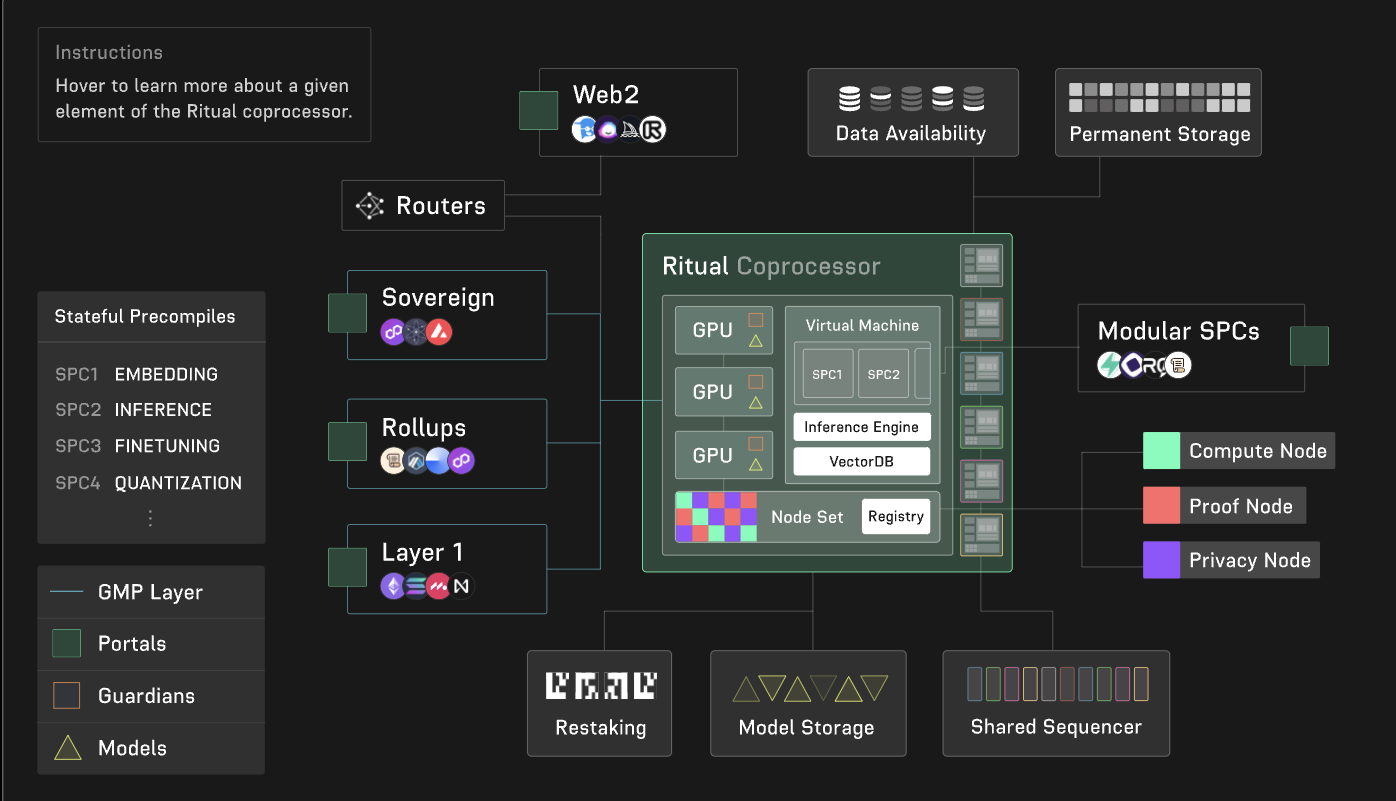
opML Protocol: opML introduces an optimistic, interactive fraud-proof protocol for decentralized, verifiable machine learning inference on blockchains, ensuring trust and transparency. Protocol details.
0G Labs, for example, has developed a compute network focused on trustless AI inference secured by cryptographic verifiability (source). Their approach allows anyone to contribute compute resources while ensuring model outputs are provably correct. Similarly, Cysic‘s real-time ZK Proof Generation Layer leverages GPU acceleration and custom algorithms to deliver rapid verification of neural network outputs (source). These architectures are pushing the boundaries of what is possible with decentralized proof of inference.
Pioneering Architectures: From Protocols to Hardware Acceleration
The technical foundation for verifiable on-chain AI is being laid across multiple layers:
- GenLayer x Gaia Partnership: GenLayer’s consensus-driven validators now offload heavy-duty inference tasks to Gaia’s decentralized nodes. The results are returned alongside proofs validated through GenLayer’s consensus mechanism (source), enabling scalable and composable intelligence for dApps.
- Inference Labs’ Proof of Inference Protocol: This protocol creates cryptographic guarantees around each model output, allowing dApps to verify correctness before acting on results. It’s already live on testnet with mainnet scheduled for Q3 2025.
- MasterQuant’s On-Chain Accelerator: By collaborating with chip manufacturers, MasterQuant introduces specialized hardware optimized for low-latency, verifiable AI execution within blockchain ecosystems.
- Phala Network’s Confidential Computing: Utilizing Trusted Execution Environments (TEEs), Phala enables privacy-preserving yet verifiable compute – essential for sectors like DeFi and healthcare where data confidentiality cannot be compromised.
This multi-layered stack ensures not only correctness but also performance and privacy – three pillars essential to the next generation of intelligent decentralized applications.
The Academic Edge: Protocols and Frameworks for Trustless Compute
The academic community has contributed significantly to making decentralized proof of inference practical and robust:
- TOPLOC Framework: Introduces locality-sensitive hashing to detect unauthorized modifications in models or prompts with perfect accuracy (source). This approach eliminates the need for trusted third parties in verifying model integrity.
- Trusted Compute Units (TCUs): Allow complex computations to be offloaded securely while providing proofs anchored on-chain – boosting both confidentiality and scalability (source).
- opML Protocol: Employs optimistic fraud-proof methods enabling efficient machine learning inference within blockchain systems (source). This balances decentralization with cost-effectiveness and accessibility.
Together these frameworks create a robust backbone for composable intelligence across blockchain networks – ensuring every step of the pipeline is open to scrutiny yet protected from bad actors.
Beyond technical innovation, the practical impact of verifiable inference blockchain is evident in emerging dApps and protocols leveraging these networks for real-world use cases. For decentralized finance, verifiable AI unlocks autonomous risk modeling, credit scoring, and on-chain trading bots that can be audited for fairness and accuracy. In prediction markets and DAOs, participants now demand transparent AI-driven decisions, with cryptographic proofs ensuring outcomes are immune to manipulation or bias. Privacy-sensitive sectors, such as healthcare and identity management, are turning to DePIN AI infrastructure to guarantee that sensitive data remains confidential while benefiting from intelligent automation.
The competitive landscape is evolving rapidly. As new entrants race to offer scalable decentralized AI compute, established players like 0G Labs and Cysic are setting benchmarks in both performance and trust. The introduction of hardware-accelerated verifiable inference by MasterQuant signals a shift: composable intelligence on blockchain is no longer limited by software bottlenecks or centralized gatekeepers. Instead, it’s a race for the lowest latency, highest throughput, and most robust proof mechanisms.
Key Benefits for On-Chain Applications
The adoption of decentralized proof of inference brings a suite of benefits that extend far beyond technical correctness:
Core Benefits of Verifiable AI Inference On-Chain
-
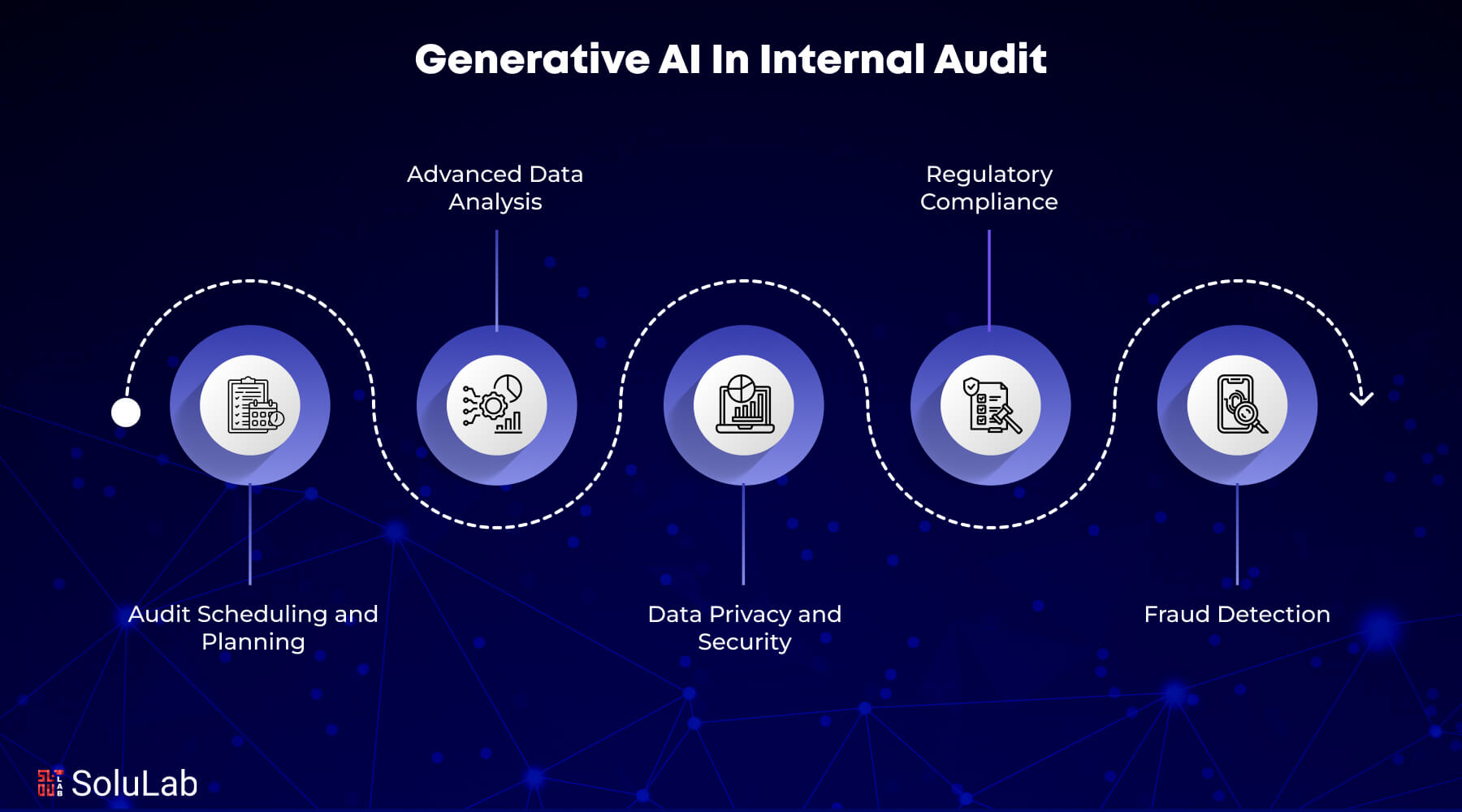
Enhanced Trust and Transparency: Verifiable AI inference ensures that on-chain applications deliver auditable, tamper-proof results. This transparency reduces manipulation risk and builds user confidence in automated decision-making.
-
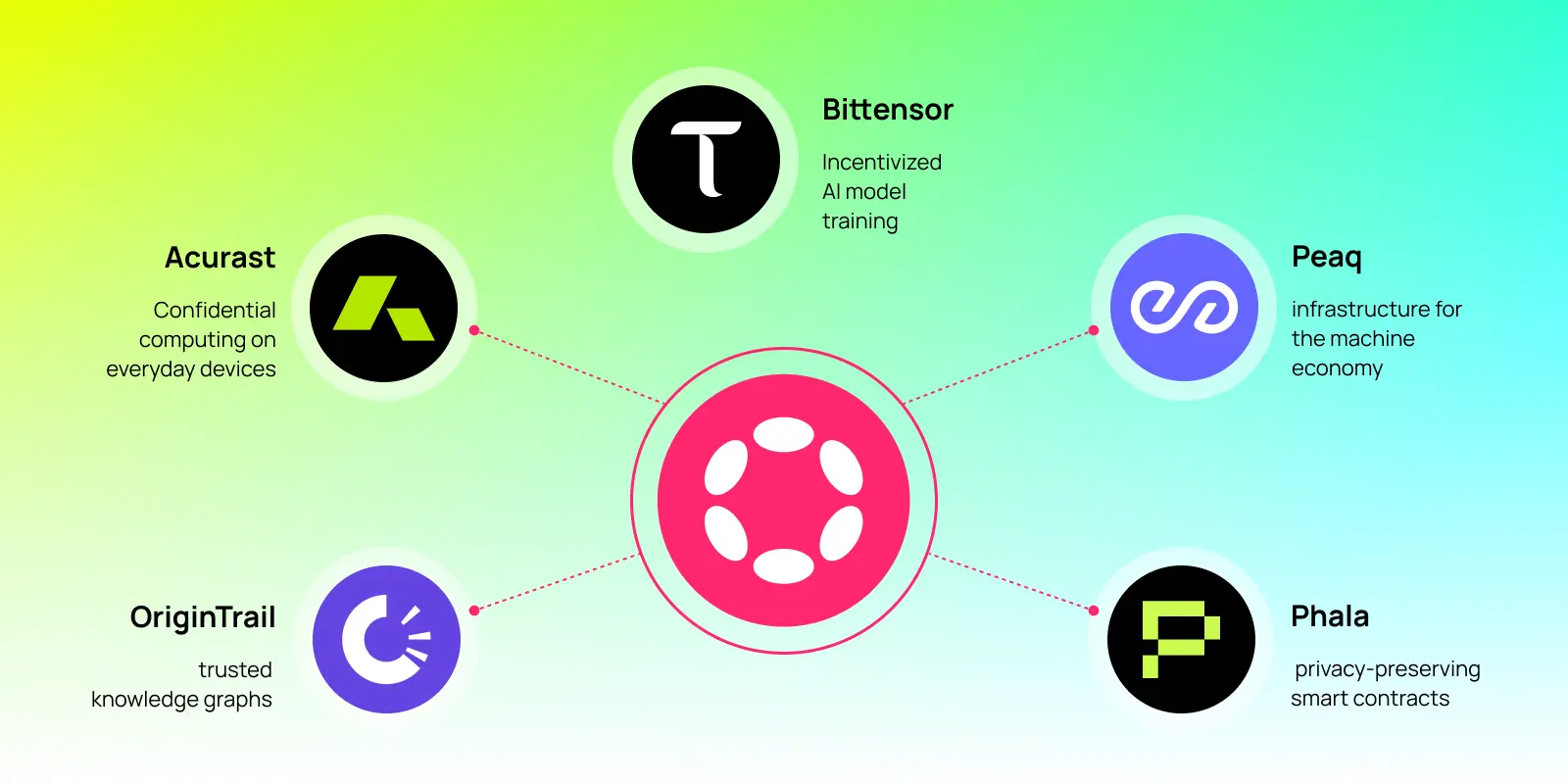
Scalable AI Computation: Decentralized compute networks like GenLayer + Gaia and MasterQuant enable on-chain apps to offload intensive AI tasks, improving performance and scalability without sacrificing security.
-

Data Privacy and Confidentiality: Platforms such as Phala Network use Trusted Execution Environments (TEEs) and cryptographic proofs to perform AI inference on sensitive data, preserving privacy for DeFi, healthcare, and more.
-
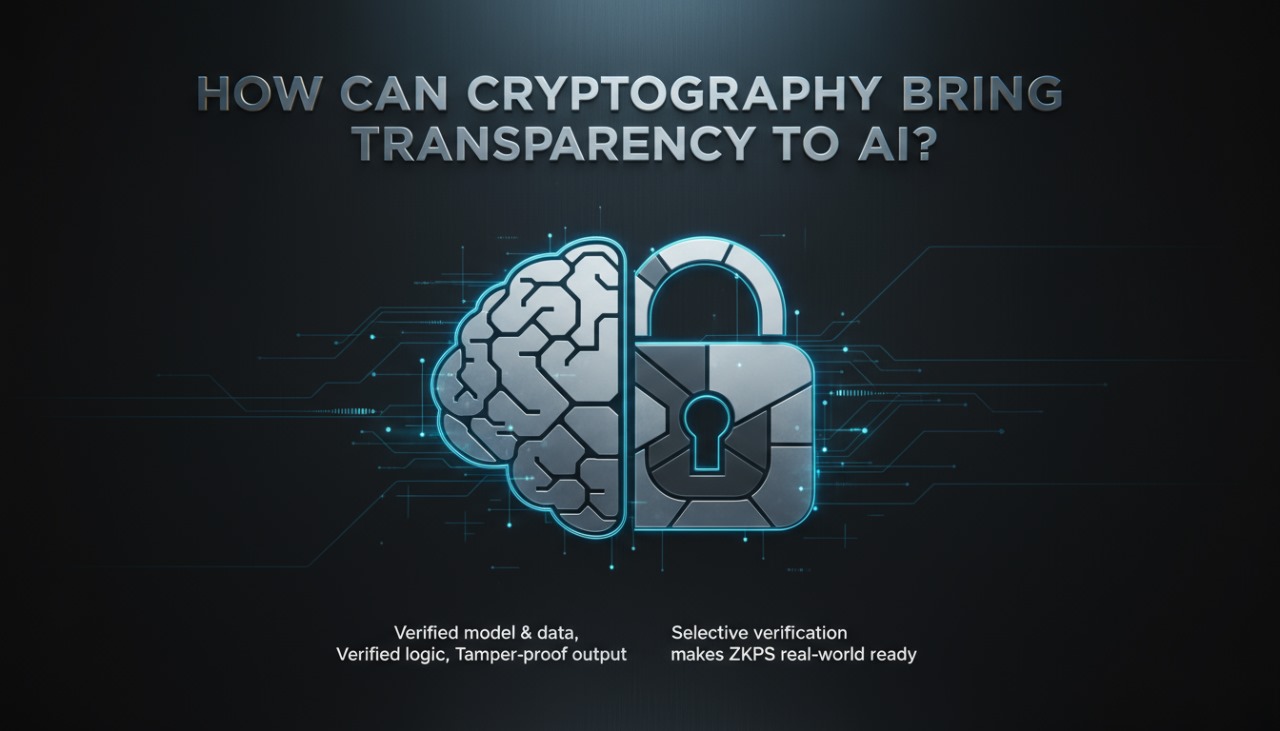
Proof of Correctness and Integrity: Protocols like Inference Labs’ Proof of Inference and the TOPLOC framework provide cryptographic guarantees that AI computations have not been tampered with, ensuring model integrity and reliable outputs.
-
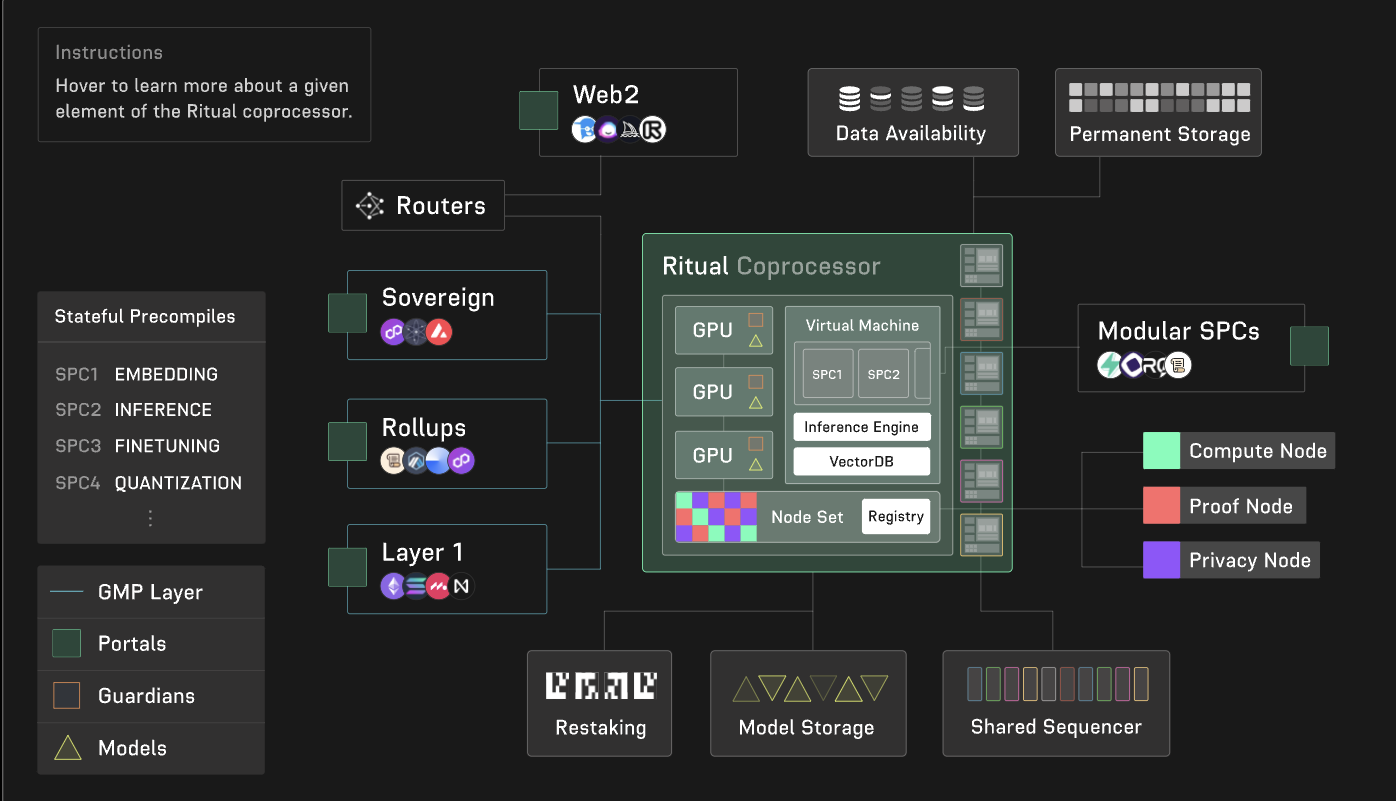
Interoperability and Cost Efficiency: Solutions such as the opML protocol allow blockchain systems to efficiently verify AI model results across networks, reducing costs and enabling broader access to advanced AI services.
-
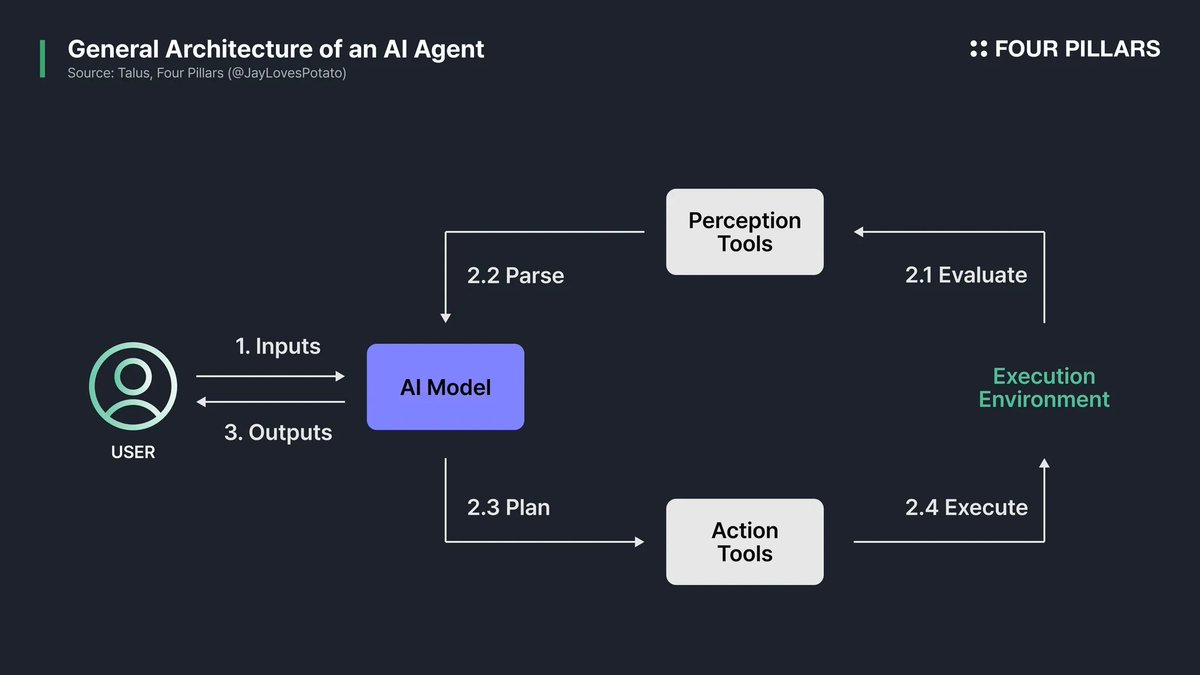
Accelerated Innovation for On-Chain Agents: Verifiable inference unlocks new use cases for decentralized AI agents, from autonomous trading bots to on-chain governance, by providing trustworthy, real-time intelligence.
- Enhanced Trust: Provable correctness via cryptographic proofs eliminates the black-box nature of AI.
- Scalability: Offloading compute-intensive tasks to decentralized networks improves throughput for blockchain applications.
- Privacy Preservation: Technologies like TEEs and zero-knowledge proofs protect sensitive data during computation.
- Composability: Modular proof systems allow seamless integration into existing DeFi, DAO, and NFT protocols.
The GenLayer x Gaia partnership exemplifies this trend: validators can now access scalable AI services without ceding control or transparency. Similarly, Inference Labs’ upcoming mainnet launch will empower developers across ecosystems to verify every step in their AI pipelines. These advances are not just theoretical; they’re being deployed in live networks shaping tomorrow’s Web3 intelligence stack.
What’s Next for DePIN AI Infrastructure?
The roadmap for composable intelligence blockchain is clear: more efficient zero-knowledge proof systems, tighter integration with hardware accelerators, and greater interoperability between compute providers. As academic research transitions into production-grade frameworks like TOPLOC and opML, we can expect even broader adoption across sectors demanding auditable AI.
The future is one where users can interrogate any on-chain decision, whether it’s a DeFi protocol rebalancing assets or an autonomous agent executing trades, and receive mathematically sound assurances that the result was computed honestly. As these standards become the norm, trustless verifiable inference will underpin everything from decentralized insurance underwriting to cross-chain oracle networks.
The convergence of decentralized compute and verifiable inference isn’t just an incremental improvement, it’s a foundational shift toward transparent, scalable, and secure intelligence for all on-chain applications.
